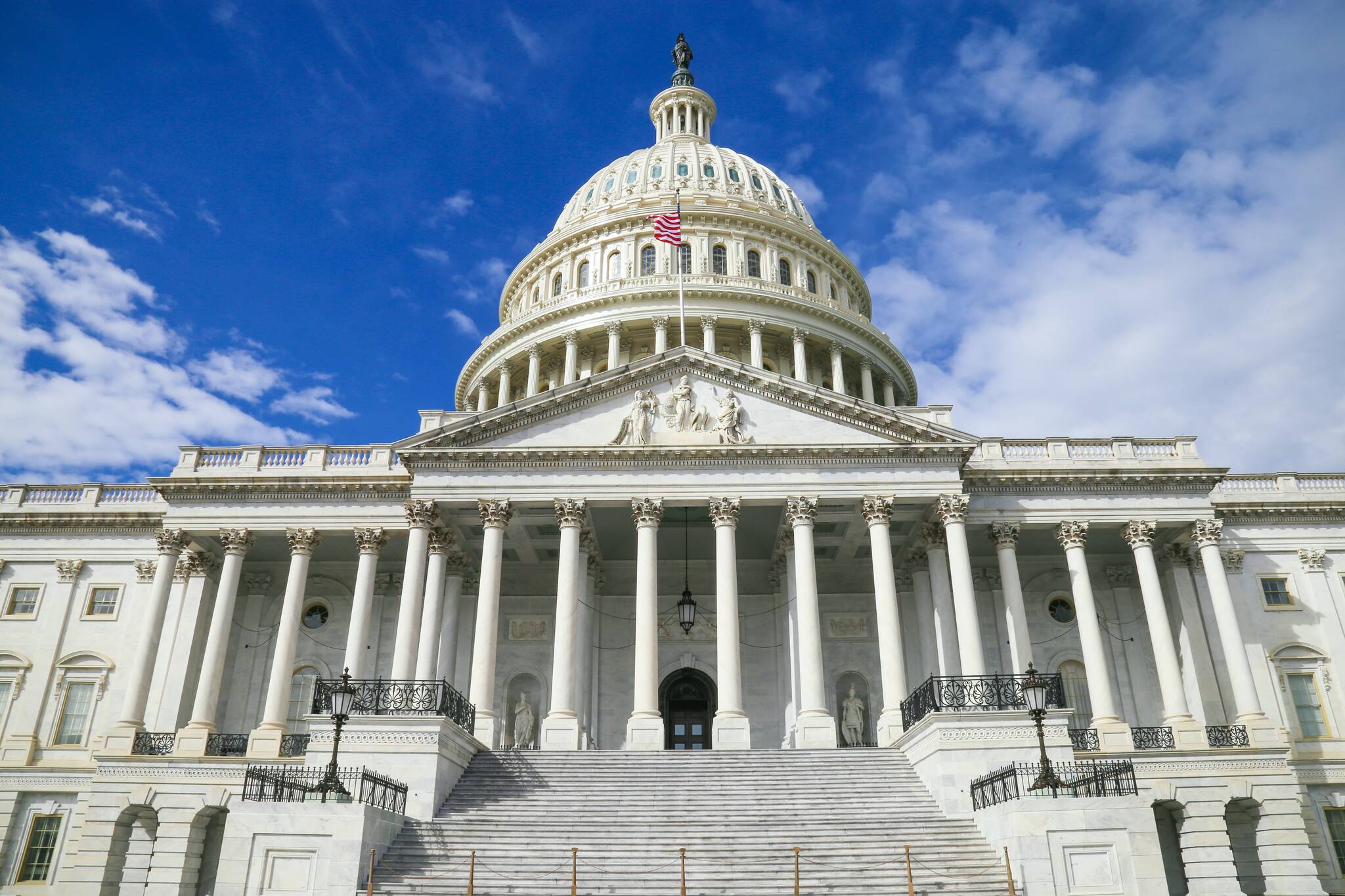By Melanie Brown and Linda Behnken
Commercial fishing faces alarming threats from climate change and habitat destruction. As commercial fishermen, we have worked hard for a very long time to ensure that the sustainable management of our fisheries allows us to deliver high quality seafood to consumers, support our small businesses, and sustain our way of life in coastal and Indigenous communities, which all depend on healthy oceans and intact waterways. Now all that is at risk.
We see an important opportunity to safeguard the future of our industry in the Biden administration’s “America the Beautiful” initiative — a goal of conserving 30% of lands and waters by 2030. This nationwide conservation effort is a call to action to work collaboratively to conserve and restore the lands, waters and wildlife that support and sustain the nation. The principles for this initiative explicitly call for the inclusion of working lands and waters and for working people (fishermen specifically) to guide the process. Importantly, the principles recognize that sustainable fisheries are part of the climate solution, as are regenerative farming and ranching.
Alaska’s commercial fishermen have long worked toward a sustainable future for Alaska and we know that conserving natural resources is a good way to buffer our industry against the impacts of climate change. We welcome the opportunity to accelerate this work and applaud the administration’s ground up approach in asking for communities to advance conservation initiatives that promote stewardship and local economies. Continued engagement from tribal leaders and commercial fishermen will help to develop conservation solutions that are durable, equitable and meaningful.
From longliners in Southeast to set-netters in Bristol Bay, over 70 small boat commercial fishermen, commercial fishing organizations and businesses, and fishing industry leaders have signed onto a letter in support of the Biden administration’s commitment to conservation and action on climate change. We wrote this letter to ask leaders in Washington, D.C., to continue to work to protect our fisheries, including the critical salmon habitat of Bristol Bay and the Tongass National Forest.
While we were fortunate to have incredible returns in Bristol Bay this year, we do not sleep easy at night. The looming threat of the proposed Pebble Mine could end the world’s largest remaining sockeye salmon run as we know it. We are thankful for the Biden administration taking action through the EPA and the Clean Water Act to protect Bristol Bay and safeguard the traditional livelihoods of the Indigenous communities and commercial fishermen who rely on it. While we must continue to pursue permanent protection for Bristol Bay, this locally supported administrative action is a great contribution to the America the Beautiful initiative here in Alaska. As our letter states, “Invoking Clean Water Act protections will help meet conservation goals and will also have real impact on people’s lives.”
We also commend the administration’s decision to reinstate the Roadless Rule in the Tongass National Forest and are eager to participate in shaping long-term sustainable economic solutions for managing the Tongass. Taken together, the Roadless Rule and the existing ban on trawling off Southeast create a 30 X 30 conservation area that meets all the principles of the America the Beautiful initiative. This is exactly the type of action we must take if we are serious about addressing climate change and maintaining a viable economic engine of commercial fishing in Alaska.
This year we saw the devastating collapse of the salmon run in the Yukon River and poor returns to Chignik area rivers. Our hearts go out to the communities losing livelihood and culture. Each of us watches events such as these, wondering if our fishing districts will suffer next from a natural system in chaos, warming rivers and bad runs. To safeguard our future, it is critical we act now to address climate change, protect fish habitat, and support an industry that makes Alaska the great state that it is.
To that end, we invite Interior Secretary Deb Haaland and other Biden administration decision-makers to visit our Alaska fishing communities, meet with commercial fishermen, and learn more about conservation priorities in these regions. We look forward to sharing our experiences and insight.
Melanie Brown is a set-netter who resides in both Juneau and Naknek. Linda Behnken is a longliner and troller, who resides in Sitka.

